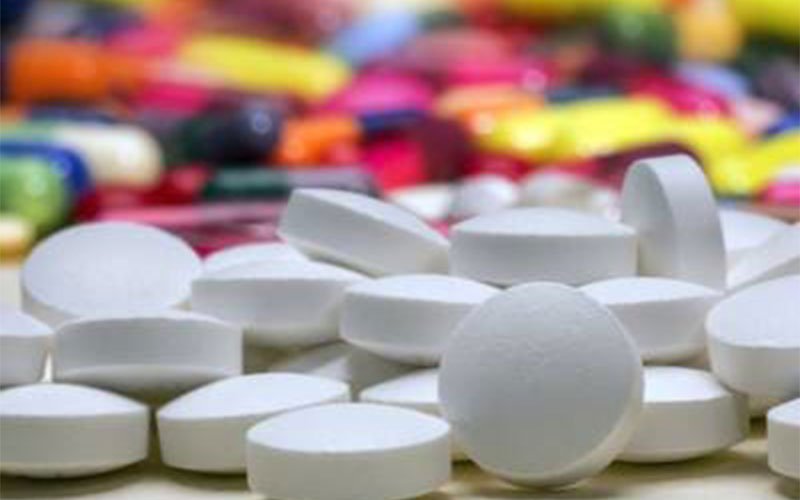
Potency Testing – Verifying Therapeutic Efficacy
Overview:
Potency Testing is a critical analytical procedure used to quantify the biological activity of a pharmaceutical product. This ensures that each batch delivers the intended therapeutic effect, making it an essential part of quality control and regulatory compliance for biologics, vaccines, biosimilars, and active pharmaceutical ingredients (APIs).
Test Description:
Potency tests evaluate a drug’s ability to produce a specific biological response by comparing its activity against a known reference standard. These tests can be in vitro (e.g., cell-based assays) or in vivo (animal studies), depending on the nature of the product and regulatory requirements.
Purpose & Benefits:
- Confirm that drug products deliver the intended therapeutic response
- Verify batch-to-batch consistency and bioequivalence
- Required for regulatory submissions, stability studies, and product release
- Detect any degradation or loss of potency over shelf-life
Industries Served:
- Biopharmaceutical & Biotechnology Companies
- Vaccine Manufacturers
- Biosimilars & Monoclonal Antibody Producers
- Hormonal & Enzyme Therapeutics
- Dissolution Testing – Drug Release Profiling
- Shelf-Life Testing – Stability & Expiry Determination
- Assay of Residual Solvents – Volatile Impurity Analysis
- Sterility Testing – Assurance of Microbial Purity
- Disintegration Testing – Ensuring Effective Drug Release
- Fungal and Bacterial Contamination Testing
- Heavy Metal Testing – Ensuring Product Safety & Regulatory Compliance
- pH Testing – Ensuring Product Stability, Safety, and Compliance
- Stability Testing of Biological Products
- Moisture Content Testing – Ensuring Stability, Efficacy, and Shelf-Life of Drug Products
